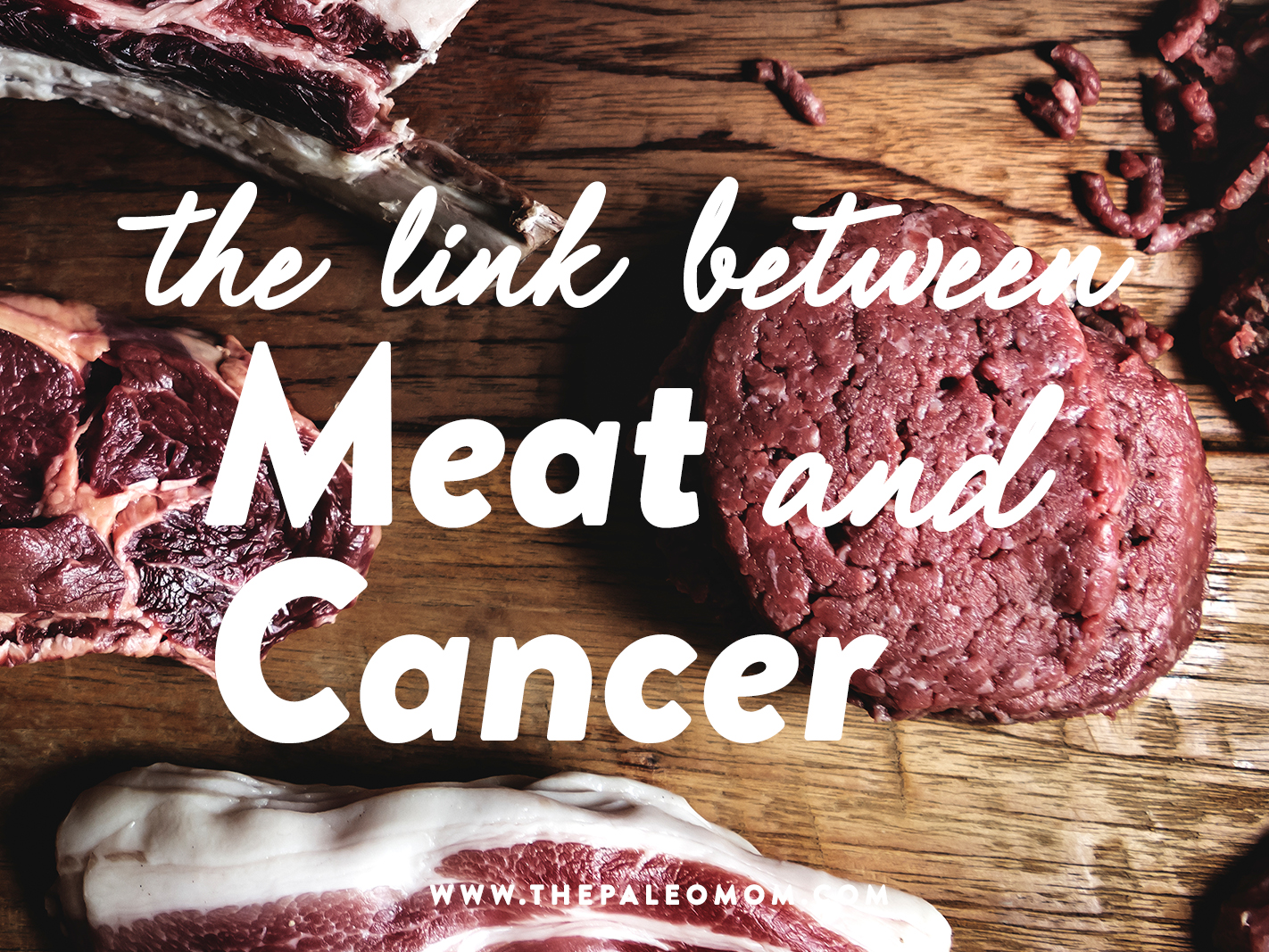July 2019
Anita Chandrasekaran, MD, MPH, Bhuvan Molparia, PhD, Ehsaan Akhtar, MD, Xiaoyun Wang, MS, James D Lewis, MD, MSCE, John T Chang, MD, PhD, Glenn Oliveira, BS, Ali Torkamani, PhD, Gauree Gupta Konijeti, MD, MPH
Abstract
Researchers from the Scripps Clinic in La Jolla, CA recently looked at gene expression to better understand the role that diet plays in inflammatory bowel disease. Their findings suggest that diet may help modify inflammatory pathways in people with ulcerative colitis.
To the Editor,
Inflammatory bowel diseases (IBDs), including Crohn disease (CD) and ulcerative colitis (UC), are multifactorial intestinal inflammatory disorders attributed to gut dysbiosis, genetic susceptibility, and environmental triggers.
Environmental triggers, such as diet, tobacco use, infections, and antibiotics, are thought to activate the mucosal immune system, disrupt epithelial barrier function, and contribute to microbial dysbiosis, which, ultimately, may influence disease course.
With increasing interest in the role of diet in IBD, dietary modification has become a key target for the symptomatic and therapeutic modulation of IBD.
The autoimmune protocol (AIP) diet, an extension of the Paleolithic diet,3 involves elimination of foods that may act as antigens, stimulate mucosal inflammation, and/or trigger dysbiosis within the gastrointestinal tract. We recently published an uncontrolled single-center clinical trial to examine the efficacy of the AIP diet for adults with active CD and UC.
The study was approved by the Scripps Institutional Review Board and registered on ClinicalTrials.gov (identifier NCT03512327). Enrollment was initiated on September 1, 2016, with study completion on December 10, 2016.
Adults (>18 years of age) with CD and a Harvey-Bradshaw Index (HBI) score ≥5, or UC and a partial Mayo score ≥3, as well as objective evidence of active disease [ulcerations/erosions on endoscopy within 7 months and/or elevated fecal calprotectin (FC > 50 µg/g) within 1 month of enrollment], were eligible for the study.
The AIP dietary protocol consisted of an initial 6-week elimination phase, with the staged elimination of grains, legumes, nightshades, dairy, eggs, coffee, alcohol, nuts and seeds, refined/processed sugars, oils, nonsteroidal anti-inflammatory drugs, and food additives.
This was followed by a 5-week maintenance phase, during which food group reintroduction was not allowed. Counseling was provided by a health coach and registered dietitian, emphasizing inclusion of a nutrient-dense diet, fermented foods, meal ingredients, and preparation.
A total of 18 adult participants were enrolled, but 3 withdrew before the start of the study, due to an inability to commit to the proposed diet. The final cohort included 9 participants with CD and 6 with UC; 47% of study participants were on biologic therapy, with or without concomitant immunomodulatory, at baseline; the rest were on mesalamine-based therapy (47%) or no medication.
Overall, 73% of patients achieved clinical remission by week 6, and maintained remission through the 5-week maintenance phase.4 We also observed a nonsignificant trend toward reductions in FC.










